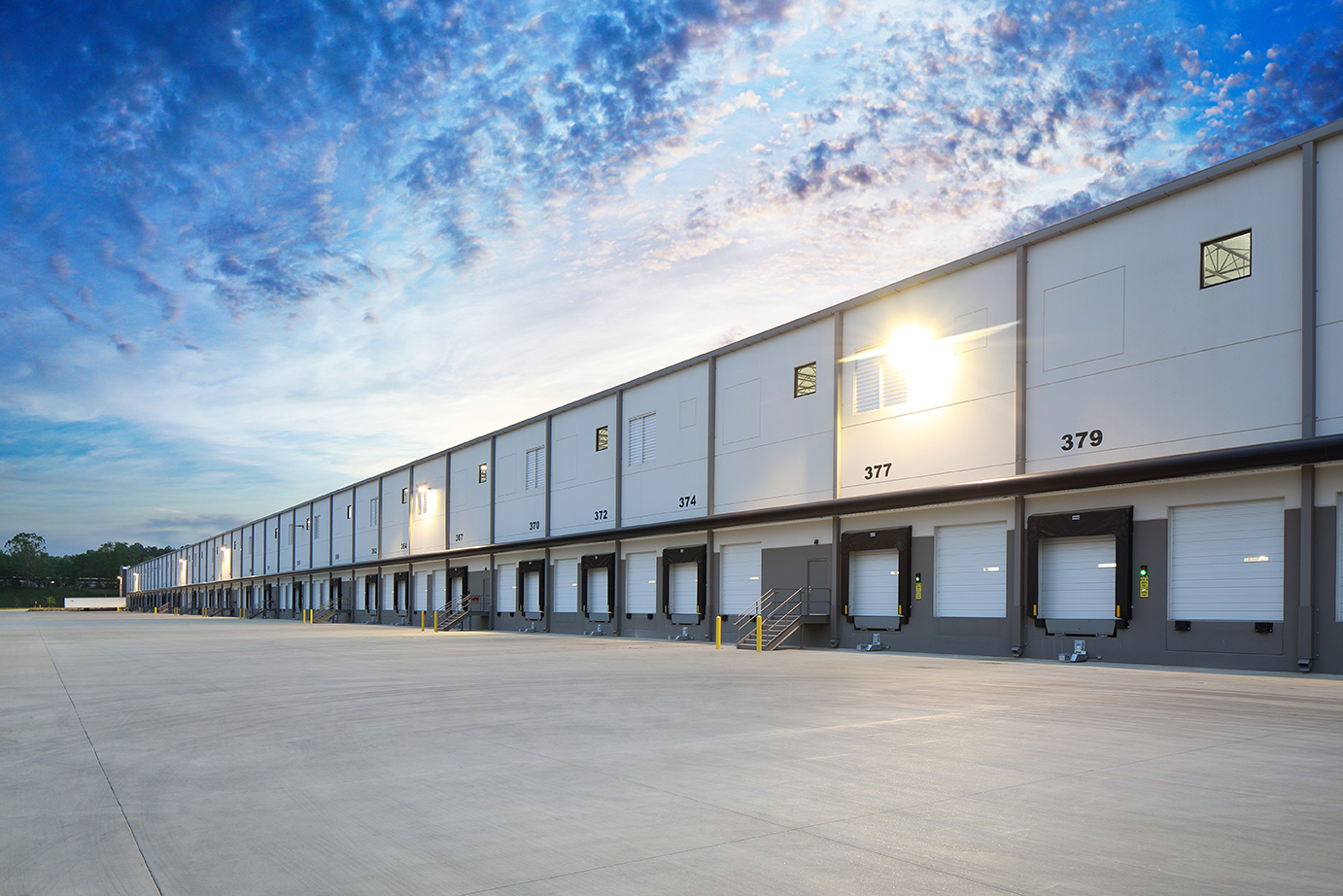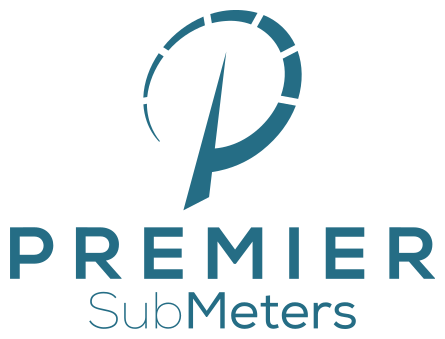Commercial water submeters are a vital tool for measuring and managing water usage in commercial buildings.

These devices are typically used in multi-unit buildings such as office buildings, retail centers, and industrial complexes, to accurately measure and bill tenants or customers for their water usage.
The working principle of commercial water submeters is simple – they measure the flow of water through a pipe and convert it into a reading that can be used to calculate usage. These submeters can be installed on the main water line to measure the total usage for the entire building or on individual lines to measure usage for specific units or areas. They can also be installed on the incoming line from the municipal water supply or on the outgoing line to the building’s plumbing.
One of the key benefits of commercial water submeters is that they provide more accurate billing. Without a submeter, building owners or managers would have to estimate the water usage for each unit based on the overall usage of the building. This can lead to inaccuracies and unfair billing practices. With a submeter, each tenant or customer can be billed based on their actual usage, reducing disputes and confusion over water usage costs.
In addition, commercial water submeters help to conserve water. When tenants or customers are aware of their usage and the cost associated with it, they may be more likely to take steps to reduce their usage and save money. This can lead to a reduction in overall water usage for the building, which is beneficial for both the environment and the community. This can also help to lower the building’s overall water bill, which can be beneficial for the landlord or property manager.
Commercial water submeters are easy to install and maintain, and they come in a variety of sizes and designs to suit different applications.
They can be connected to a remote reading system for easy monitoring and billing, and many modern submeters can also be accessed and read remotely through a computer or mobile device. This makes it easy for property managers to access the data and send bills to the tenants or customers. Additionally, many commercial water submeters are equipped with advanced features such as leak detection and tamper alarms, which can help to identify and prevent water waste.
Another advantage of commercial water submeters is that they can be used to identify leaks or other issues in the building’s plumbing system. By monitoring the water usage of each tenant or customer, property managers can easily identify when usage spikes unexpectedly, indicating a potential leak or other problem. This can help to quickly address and fix issues, which can save money on water usage costs and prevent damage to the building.
Commercial water submeters are also useful for multi-tenant buildings that have different water usage patterns. For example, a building with a mix of retail and office spaces may have different water usage requirements for each tenant. A retail tenant may use more water for landscaping or running a restaurant, whereas an office tenant may use less water. By using commercial water submeters, the building owner or manager can bill each tenant based on their actual usage, rather than an estimate.
In conclusion, commercial water submeters are a valuable tool for managing water usage in multi-unit buildings. They provide more accurate billing, help to conserve water, and can be used to identify leaks or other issues in the building’s plumbing system. If you are a property owner or manager, consider installing commercial water submeters to help manage water usage and costs more effectively. Not only they can help to lower the building’s water bill, but also can help to improve the overall efficiency of the building and its water usage. In addition, it can be a cost-effective solution to manage water usage in commercial buildings.
